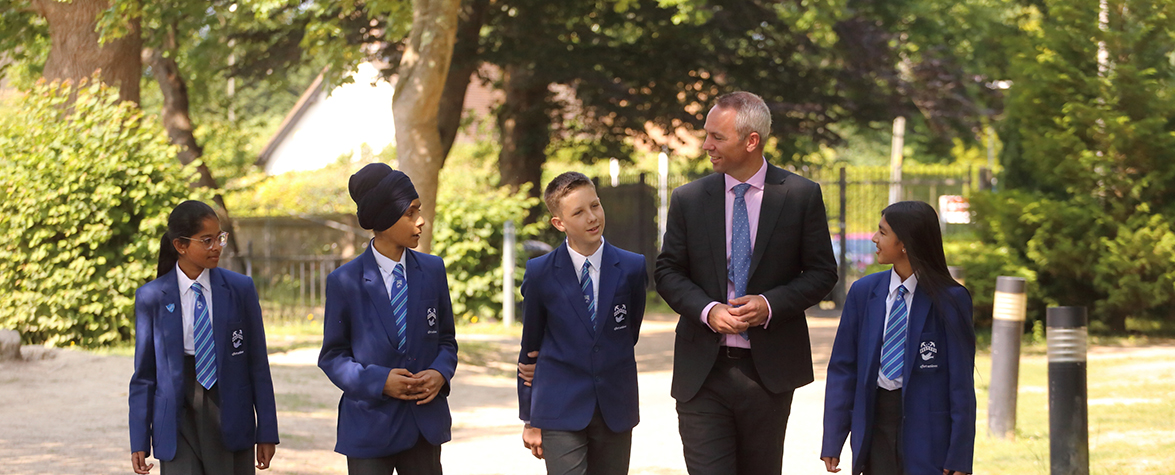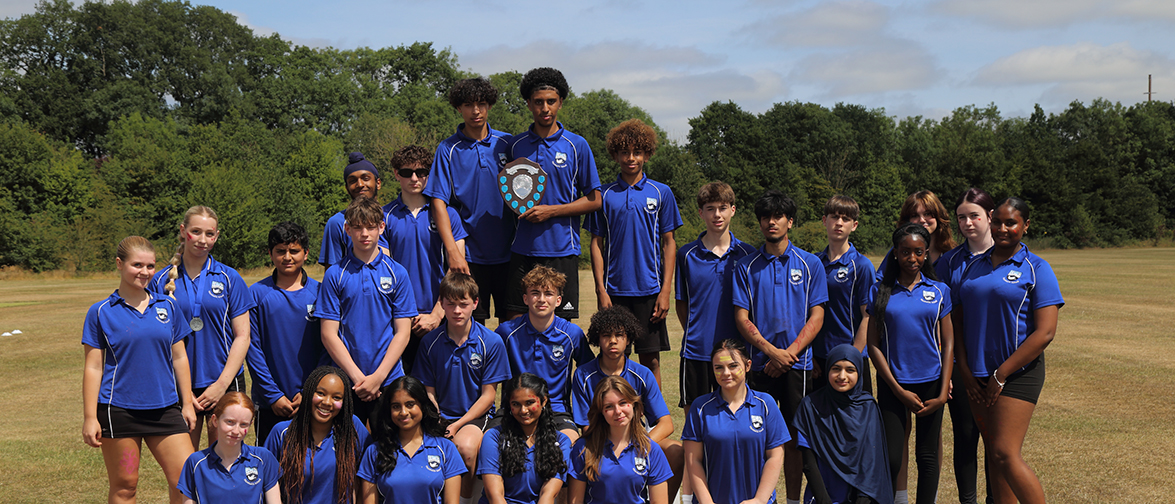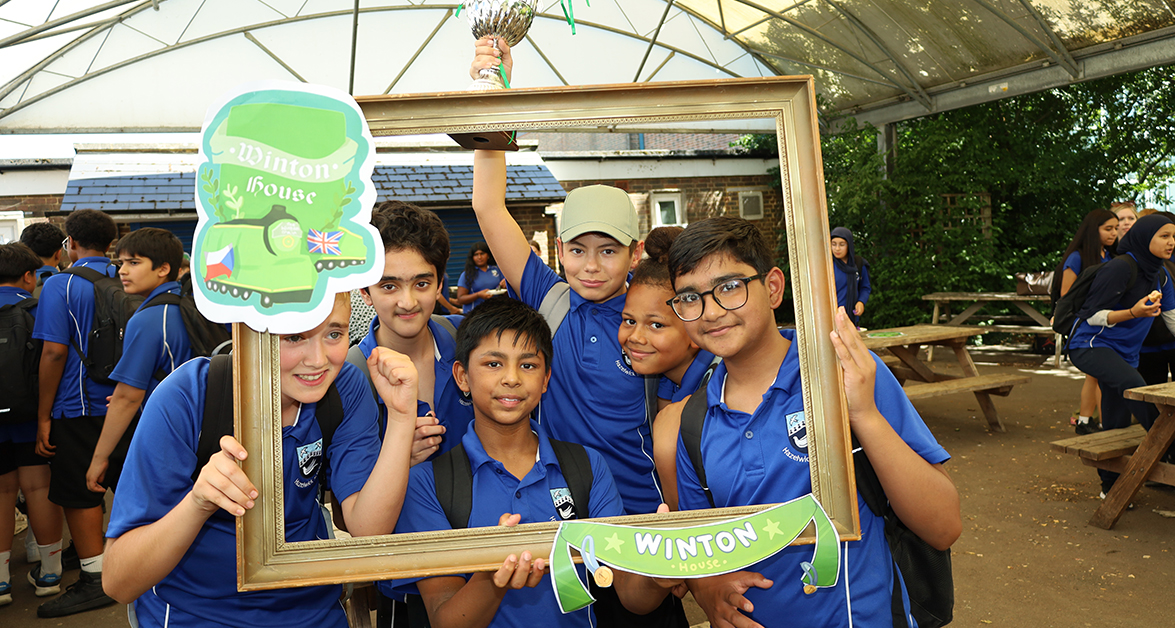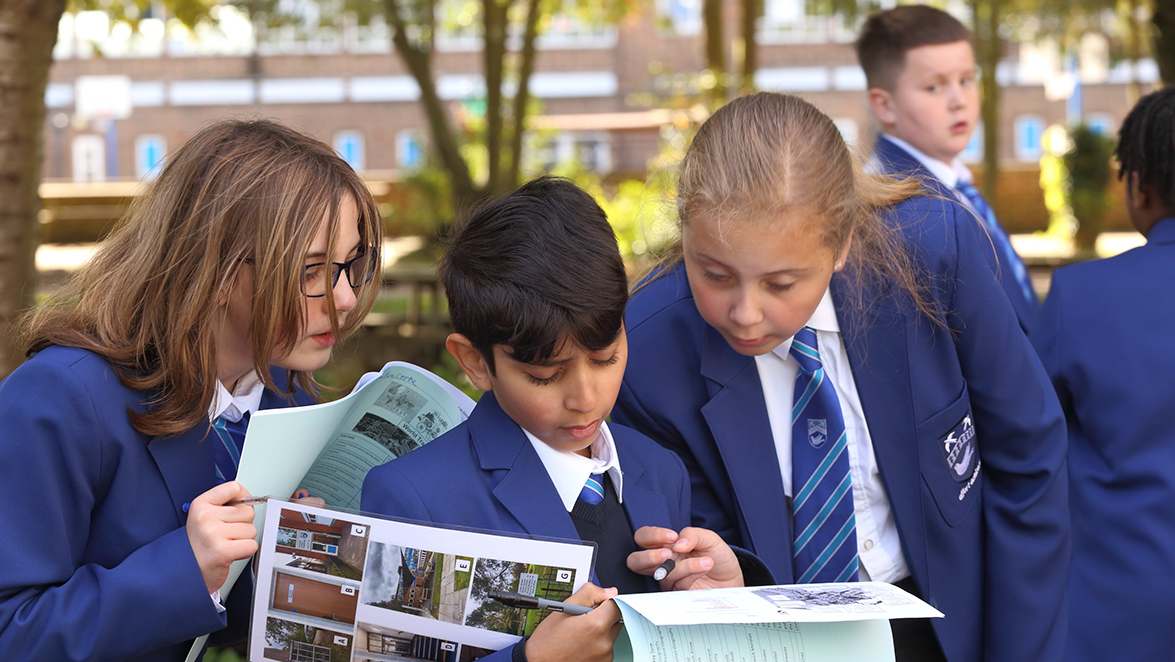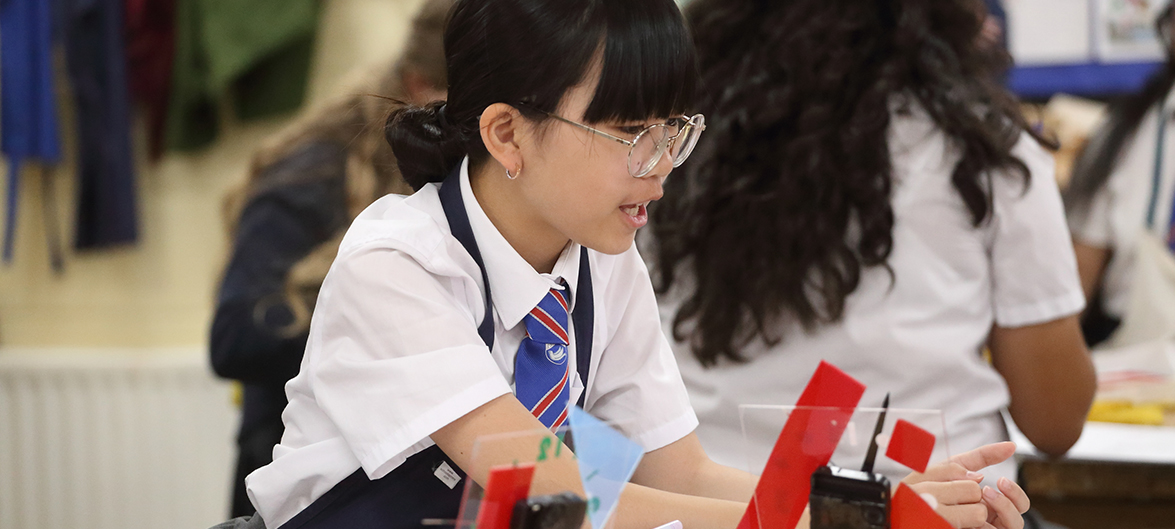Spotlight on Safeguarding...
For your information this month, via the Newsletter, we are raising awareness of the topic of misogyny and sexism.
The issue of misogyny and sexism in schools was raised as far back as 1982 when Margaret Attwood called them a “breeding ground for sexism” where six year old boys are “told not to cry, to toughen up” and girls are told that “boys knocking them down is a sign of affection.” A survey by the National Education Union revealed that 64% of teachers said they hear sexist language every week with 29% saying it is a daily occurrence. A BBC survey from earlier this year revealed that more than a third of secondary school teachers have reported misogynistic behaviour to their school in the last week. Schools do face considerable challenges in combating such behaviour due to the rise in online misogyny and sexism.
So how can misogyny and sexism be challenged by both schools and parents/carers? The charity Brook advises fours ways in which these issues can be challenged amongst young people. 1. Challenge the opinion, not the person – Focus on the viewpoint when speaking to young people and ask questions e.g. Where did they find that information and do they think it’s reliable/accurate? See 4 ways to tackle misogyny among young people - Brook for information on the 5 Ds which can help you guide a conversation. 2. Encourage active bystanders - Talk to the young person about how they can respond if they hear or see something misogynistic 3. Educate yourself and others – Be familiar with the history of misogyny and the current landscape e.g. learning about what influencers are trending or about the buzzwords that are being used so you will be able to talk about these issues in a way that resonates with them. 4. Encourage positive role models – There are amazing male role models for boys to look up to that challenge misogyny and also promote health, self-esteem and life building. Here are a selection shared by Natasha Devon MBE.
- @byalexholmes – A young therapist who focusses on how men discuss mental health.
- @theyoungimam – Tells young Muslim boys what the Quran *actually* says about women (that they should be respected). NB: Andrew Tate claims to have converted to Islam.
- @bdccarpenter – Busts myths about ‘health’ and fitness aimed at boys and men.
- @Michaelulloapt – Male body positivity – Fitness without the toxicity
- @david_robert_grimes – Science writer who promotes scientific literacy when assessing the claims about health made on social media.
- @TheOneArmedWonder – Disability activist and former soldier who talks about avoiding toxic masculinity.
- @DavidLarbi – Writer, creator and musician from London.
At Hazelwick School, the topic of misogyny and sexism is taught in PSHE lessons and assemblies are delivered to year groups to help tackle ideas of toxic masculinity. Also teachers have recently received training on progressive masculinity to help equip teachers to deal more effectively with misogyny and sexism in the classroom.
Where to get further information and support:



